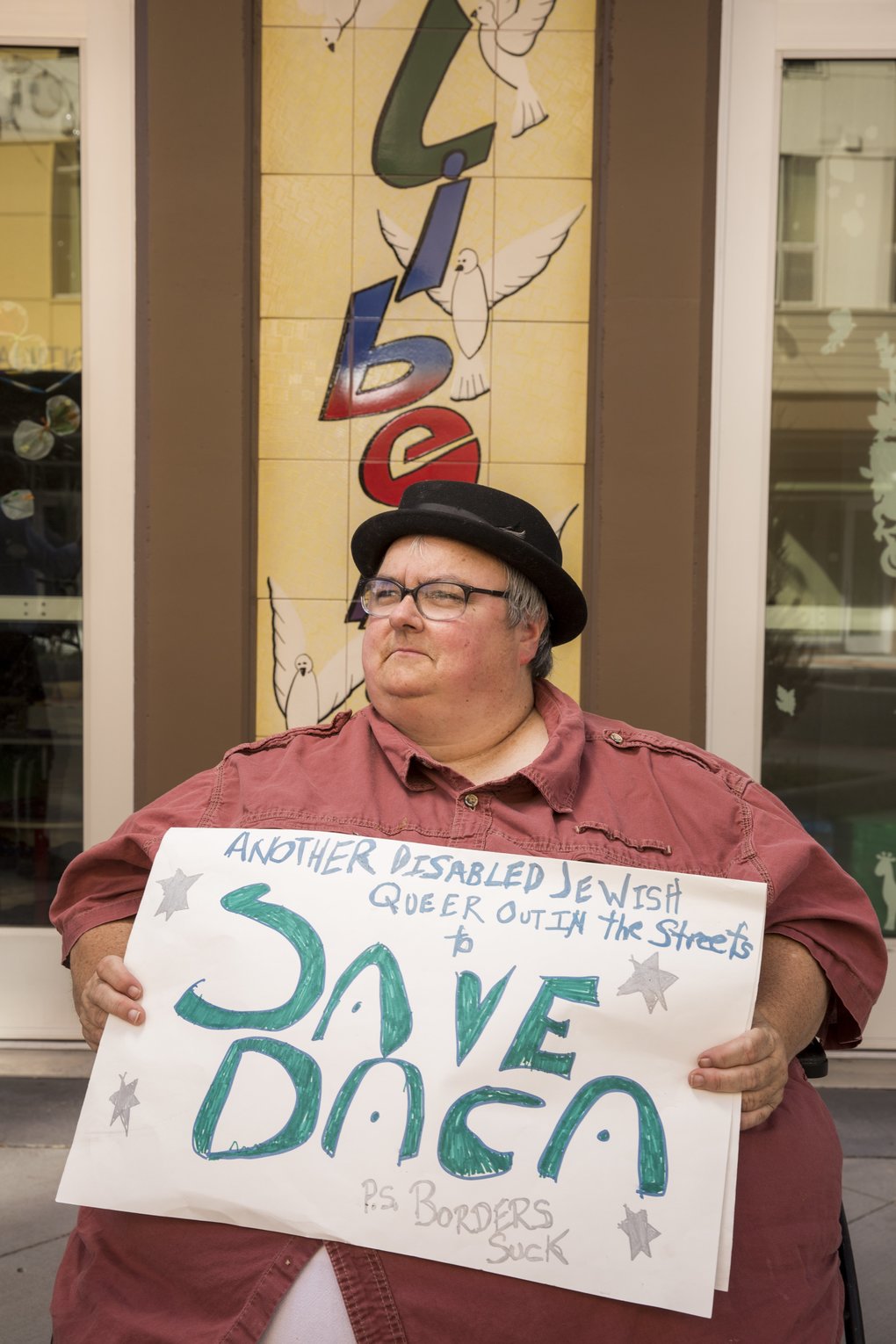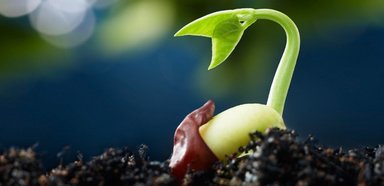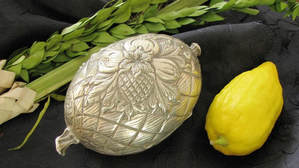| We love our Kadima membership and think it is important to highlight some of the outstanding work they do in our community. This article features Naomi Finkelstein (pictured left) who recently joined Kadima and has made her presence known at many of the recent protests in support of DACA, immigration rights, and more. In Seattle, signs have always been a popular form of protest. Whether homemade or mass-produced, signs offer valuable glimpses into the hearts, minds and life stories of the people who display them. Naomi Finkelstein holds a sign that reads, “Another disabled Jewish queer out in the streets to save DACA.” Finkelstein demonstrated in a recent rally against President Trump’s decision to end a program allowing the children of undocumented immigrants to stay in the country legally. (Bettina Hansen/The Seattle Times) Read the full article here. |
Pacific Northwest Magazine Writer
NAOMI FINKELSTEIN likes to keep things gloriously blunt at demonstrations. She’s holding a handmade sign that gets right to the point, when I first meet her at the immigration rally at El Centro de La Raza: “Another disabled Jewish queer out in the streets to save DACA — P.S. Borders suck.”
A resident in the apartment complex that surrounds the rally site, she’s come down in her wheelchair with the aid of a friend to make her opinion known.
For Finkelstein, 55, protecting immigrants is personal.
As an adopted child in a traditional Jewish household in New York’s South Bronx, she had a strict father who taught her that to resist bigotry, Jews should never hide who they are. Her adoptive grandparents were Jewish immigrants who escaped anti-Semitism in Russia and built a good life in America.
The neighborhood was a stew of cultures and nationalities — African Americans, Puerto Ricans, Chinese. By the time she reached her stop on the uptown train from Manhattan, she was the only white person.
Her parents sent her to a Yiddish school that also happened to be socialist-leaning. “I would come home and say, ‘We’re never crossing a picket line — over our dead bodies,’ ” she tells me when I visit her home.
Having black friends taught her the cold realities of racial prejudice and segregation. She was already devouring books by famous African-American authors as a little girl. “I started reading James Baldwin when I was 10 years old,” she says.
Coming out of the closet in a traditional household wasn’t easy. Finkelstein set out on her own as a teen, eventually forming a close network of LGBT friends who crashed together.
By getting involved in the gay-rights struggle, she learned consensus-building skills — and how to paste up homemade political posters using condensed milk as glue.
She says she helped occupy the building in New York’s West Village that would become a gay community center. Once, she got to meet Bella Abzug, a former U.S. Representative and women’s-rights and LGBT-rights activist.
At Hunter College, Finkelstein gained inspiration from one of its instructors, the poet, feminist and activist Audre Lorde, who famously spoke about taking your differences and making them strengths.
Born to a Latina from Texas, Finkelstein says she also has a special place in her heart for vulnerable members of the Hispanic-immigrant community. These disparate backgrounds, encounters and struggles have shaped Finkelstein’s political consciousness. The details are written in metaphorical invisible ink on her “Save DACA” sign. “I’m standing firm for my grandparents” and everyone who made sacrifices, she says. “My [Jewish] family would be dead without this country.”
When Trump won the presidency, Finkelstein says, she cried for 14 days straight. She feared for what would happen to the country with him at the helm. She committed then to stay engaged, despite dealing with a severe respiratory illness that restricts her mobility. “My prayers became, ‘Please make me strong enough to fight,’ ” Finkelstein says.
The women’s march, Trans Pride, Dike March, a demonstration against the sweeps of homeless encampments, the Dreamers rally — Finkelstein has attended them all, sometimes breathing through a respirator mask.
When anti-fascist and anti-Trump demonstrators squared off against participants in a planned pro-Trump event billed as a free-speech rally in Seattle, a day after the chaos in Charlottesville, Finkelstein was there, too, standing firm against what she sensed were echoes of the hatred her father had warned her about. “I want people to know that it’s so important to me to get up out of my sick bed and come out here,” she says at the Dreamers event.
But Finkelstein wonders: “How do we put on suits of armor without becoming bastards ourselves?” It’s an important question at a time when conflict rules. For now, instead of putting on armor, Finkelstein will put it in writing.





 RSS Feed
RSS Feed